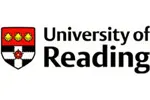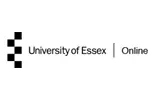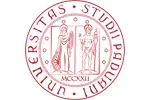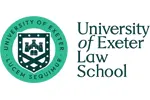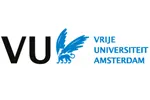History
The University of Reading was established in 1892 as the University college, Reading, and is located in Reading, Berkshire. The University of Reading is consistently one of the most popular higher education choices in the UK. People choose to study here for many reasons including the exceptional quality of delivery, innovative teaching fed by the latest research, the rich diversity of provision and the flexibility to combine courses or transfer from one programme to another, the highly supportive state-of-the art learning environment, and an inclusive international culture.
International Applications
The university has a large international community with 5,000 international students coming from 140 countries each year. Entry requirements to courses will vary depending on the subject chosen and the level of study, and English language proficiency is also considered. For those students that don't meet the entry requirements, foundation courses or pre-sessional courses are available.
Subject Areas
The unusually broad portfolio of full- and part-time degree programmes covers the arts, humanities, sciences and social sciences. In addition, they offer courses and research in the specialist areas of agriculture, construction management, horticulture, cybernetics, meteorology, real estate and typography, where there are few other national providers. The university regularly updates programmes as new ideas emerge and industry needs change.


